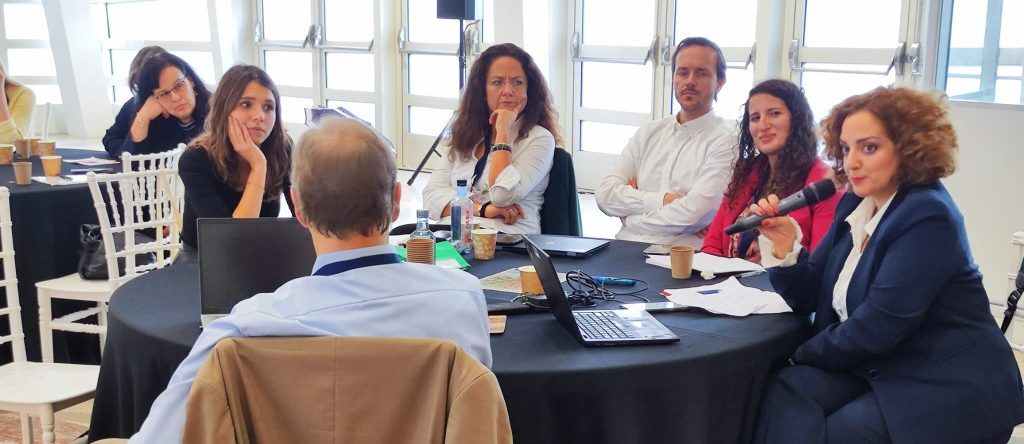Time is now crucial
Timely closure of ENI CBC is a complex exercise for the programmes, and the European Commission is keen to support them along this process. We have talked to Birgit Sandu Gociu from DG REGIO to learn more about the Commission’s expectations and advice in this regard.
Based on the exchanges with Managing Authorities held this year, what are your expectations in relation to an effective and timely closure of ENI CBC programmes, and how is the Commission supporting programmes along this process?
Overall, we are in a positive mood on this. We are confident about the readiness of ENI CBC programmes to submit their final reports by February 2025. The exchanges held this year with the programmes and the information gathered through the specific survey in the context of the Consultation and Coordination Group in October 2023, show us that we have every reason to be optimistic. In this context, it was especially important to learn that programmes share a common understanding on the importance of timely closure.
At the same time, we acknowledge fully the specificities of ENI CBC programmes compared to Cohesion Policy programmes, because of their different regulatory framework and the different context in which they operate. Equally important, ENI CBC programmes faced in the last years of implementation unprecedented challenges, namely a pandemic and its consequences, implementation disruptions following the war of aggression against Ukraine. They were addressed by legal amendments and an ad hoc new act. This is why, after a long process, specific Closure Guidelines for ENI CBC programmes have today been published in the Official Journal of the European Union: they are aimed exactly at providing legal certainty for the programme authorities and the methodological framework for their closure.
Furthermore, we are supporting programmes in the identification of risky areas in view of identifying solutions within the established framework. These actions are reinforced by the work of the Joint Monitoring Committees, where the closure process is being addressed at the different meetings. We will continue supporting authorities through regular bilateral exchanges and targeted technical meetings to discuss individual implementation problems and envisage solutions, if possible, before first submission of project closure reports and until the official closure of the programmes.
By 31 December the programmes should close all projects, whose implementation must be completed: is there a piece of advice that you could give to the managing authorities to meet this important deadline as well as to support the impact of the projects beyond their closure?
The effective and timely closure of projects is for sure one of the most challenging tasks for the programmes. We are confident that the programmes will manage this task on time.
For this, we advise programmes to closely monitor the projects and be in contact with the lead beneficiaries as quickly and as insistently as necessary. With only one month remaining, it is essential to quickly and jointly assess risks, and to identify and implement urgent mitigation measures.
At the same time, it is very important that the task of closing projects includes an active advice on the ways to ensure their relevance and impact after the finalisation of their implementation. That is why we encourage the programmes to work with lead beneficiaries on the sustainability and dissemination of the projects’ results; these are two key elements for the long-lasting impact in the territory and more in generally for the delivery of cohesion policy. It is also important that knowledge, materials and infrastructures are made accessible to others, and that their ownership and maintenance in the future is defined. This is also part of the communication of the achievements of the programme, and the positive impact of cooperation projects on people.
When it comes to the programme closure, one of the difficulties faced in the closure of ENPI CBC, was the complexity and length of the process. What can ENI CBC programmes do to avoid the same pitfalls?
We are positive that ENI CBC programmes will not face the same pitfalls, because the framework in which they operate differs significantly from that of their predecessors, and because our effort goes also in maximising the use of the tools and procedures that are already familiar to the programmes. Over the last years, Managing Authorities have become very well acquainted with the procedures, documentation, and technical processes that are required for the annual monitoring exercise. We are building the closure process on this same vein, and hope that adjustments and difficulties can be anticipated ahead of time.
